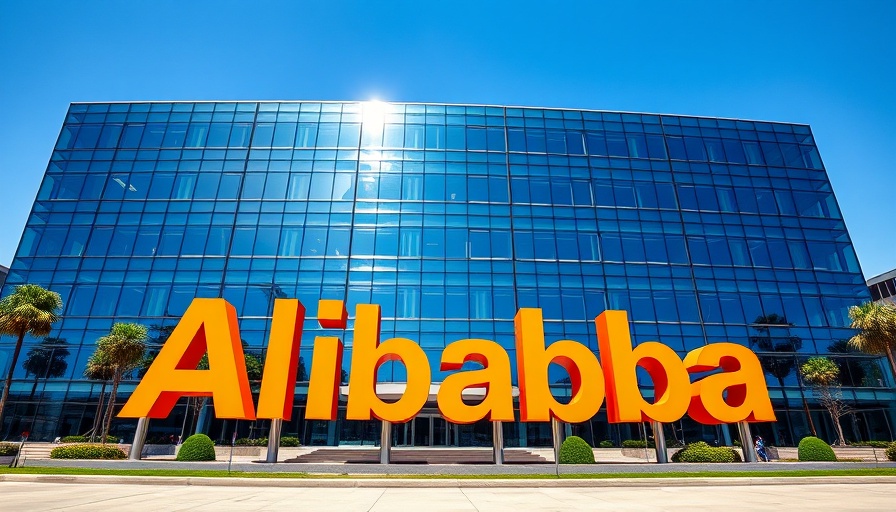
Unpacking AI's Emotional Intelligence Revolution
The rapid evolution of AI technology is steering it towards ever more human-like capabilities, with emotional intelligence (EQ) at the forefront. Recent releases like Alibaba's advanced AI model highlight its ability to read human emotions better than its predecessors. This signals a promising shift aimed at not only improving technology's understanding of human feelings but also making interactions more empathetic and user-friendly.
From Creative Writing to Mountain Climbing: AI's New Horizons
AI is leaving its marks in diverse fields, from crafting compelling narratives to assisting physically demanding tasks like mountain climbing. OpenAI recently introduced a cutting-edge model known for its prowess in creative writing. Meanwhile, in a novel venture, tourists at Shandong's famous Mount Tai can now rent AI-powered exoskeleton legs, making the strenuous ascent manageable for everyone. These developments reveal how AI is expanding beyond conventional applications and seeking to reshape human experiences across various domains.
The Intersection of Creativity and AI: Enhancing Human Expression
Generative AI, a branch of technology responsible for creating new content, has sparked debates about its influence on human creativity. Critics question whether AI might overshadow artistic expression, yet many leading figures in creative fields argue the opposite. Instead of replacing human artists, AI serves as a collaborative tool that can enhance creativity. Just like traditional tools aid in the creative process, AI can help ignite inspiration and alleviate creative blocks, encouraging artists to experiment with new ideas.
Emotional Intelligence: Why It Matters in Human-AI Collaboration
Emotional engagement is pivotal in creativity and communication, and experts like Dr. Alan Cowen emphasize this in the development of emotionally aware AI. These advancements promise AI systems capable of discerning emotional cues, making technology interactions more intuitive and resonant. For example, emotional AI can revolutionize mental health support by identifying users' emotional states and responding accordingly, thereby enhancing the therapeutic experience. This dynamic evolution invites deeper connections between users and AI, marrying emotional sensitivity with technological innovation.
Looking Ahead: The Future of Emotionally Intelligent AI
The journey towards integrating emotional intelligence in AI is still in its infancy, but the potential for future applications is vast. Industries ranging from healthcare to marketing stand to benefit from AI systems that understand and respond to emotional nuances. As firms pursue this frontier, challenges including ethical considerations and privacy concerns will need to be navigated delicately. However, the promise of an emotionally intelligent AI landscape hints at enriching human experiences, shaping a future where technology is not merely functional but also empathetic.
The Human Element: What Role Do We Play?
Amidst the technological tide, the irreplaceable human touch remains essential. The nuances of creativity that are deeply rooted in emotional intelligence continue to underscore the importance of human artists, writers, and musicians. As innovation often stems from human experiences and insights, the convergence of AI and creativity calls for a balanced collaboration that maximizes both AI's capabilities and the unique perspective of human creators. By fostering this symbiosis, we not only enhance the creative landscape but also build a foundation for enriching future interactions.
As we step further into this era of artificial intelligence, it is crucial to embrace the potential partnerships between emotional intelligence and human creativity. By collaborating with technology, we open up limitless opportunities for both innovation and expression. Hence, nurturing understanding and utilization of AI tools will significantly shape our collective future, ultimately transforming how we create and connect.
 Add Row
Add Row  Add
Add 




 Add Row
Add Row  Add
Add 

Write A Comment